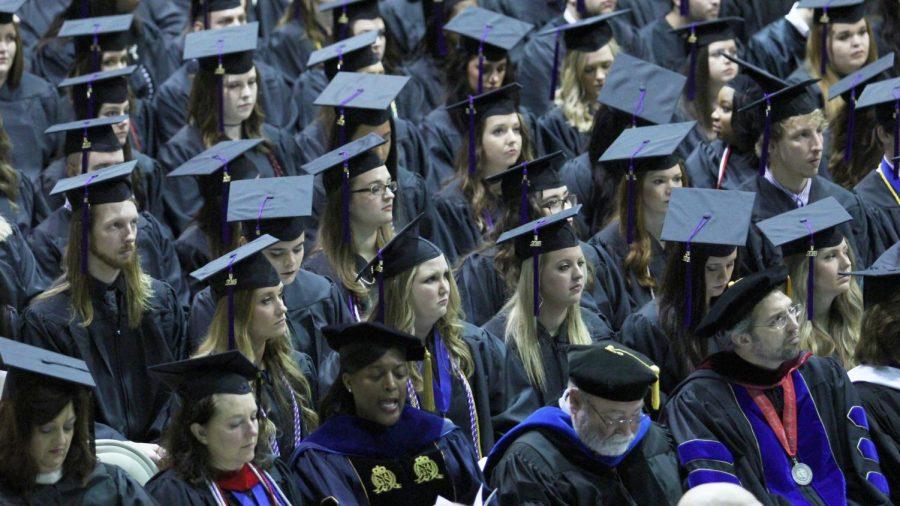Alabama ranks as 7th least educated state
March 10, 2017
Over 300,000 students are enrolled in a university in Alabama, but despite this number, Alabama is the seventh least educated state, according to a WalletHub 2017 report.
The least educated state is West Virginia, and the most educated state is Massachusetts.
In Alabama, 1 1/2 out of every 10 people have a bachelor’s degree or higher, according to the U.S. Census Bureaus’ American Community Survey.
Additionally, Alabama has one of the worst high school attainment rates in the nation with 6 out of 10 students graduating from high school.
Donna Lefort, dean of the College of Education, said Alabama’s rural setting may influence the educational statistics of the state.
“There are a lot of employment opportunities that do not require the completion of a Bachelor’s degree, which differs from (large cities), she said.
Many middle-income families in Alabama have jobs that do not require a four-year degree including electricians, farmers, carpenters and welders, Lefort said.
“There’s a family history (in Alabama) of not having a Bachelor’s degree, as well,” said Associate Dean of Education Beth Sewell.
Sewell said this history influences the low education rate. Therefore, she said they do not encourage their children to do so.
Many schools in the state, such as the University of Alabama, offer first generation scholarships to encourage more students to obtain higher education.
Sewell said UNA does not offer a first generation scholarship at this time, but she has hope the school will offer the scholarship with more government funding in the future.
“We know that many of our students at UNA are first generation, and we also know that the likelihood of them coming back for their sophomore year might not be as great as those who have a family history of college educated members,” Lefort said.
Lefort said the faculty in the Department of Education works with local secondary schools to encourage prospective students “take that step” to become the first in their family to go to college.
Although Alabama is among some of the least educated states, UNA takes measures to improve educational statistics, Lefort said
“The administration has hired a (new) associate vice president for enrollment management with a specific focus on retention,” Lefort said.
Ron Patterson is the current vice-president of enrollment management.
Lefort said local school administrations offer jobs to education graduate students because the college and high school administrations collaborate to offer opportunities.
Junior education major Josh Marshall said education is not as important as sports to many people in high school administration, which affects college prospects.
“High school athletics are overemphasized so much in Alabama which causes the students’ education to be pushed on the backburner,” Marshall said.
Lefort and Sewell said UNA professors work to ensure they build genuine connections with students to help them in all aspects of college life.
Sewell said educational statistics improve when faculties have personal relationships with students.
“We have more of a personal touch with students (at UNA),” she said. “We are able to make connections for them. Because of the size of UNA, we have the ability to really get to know our students and how to help them excel.”












